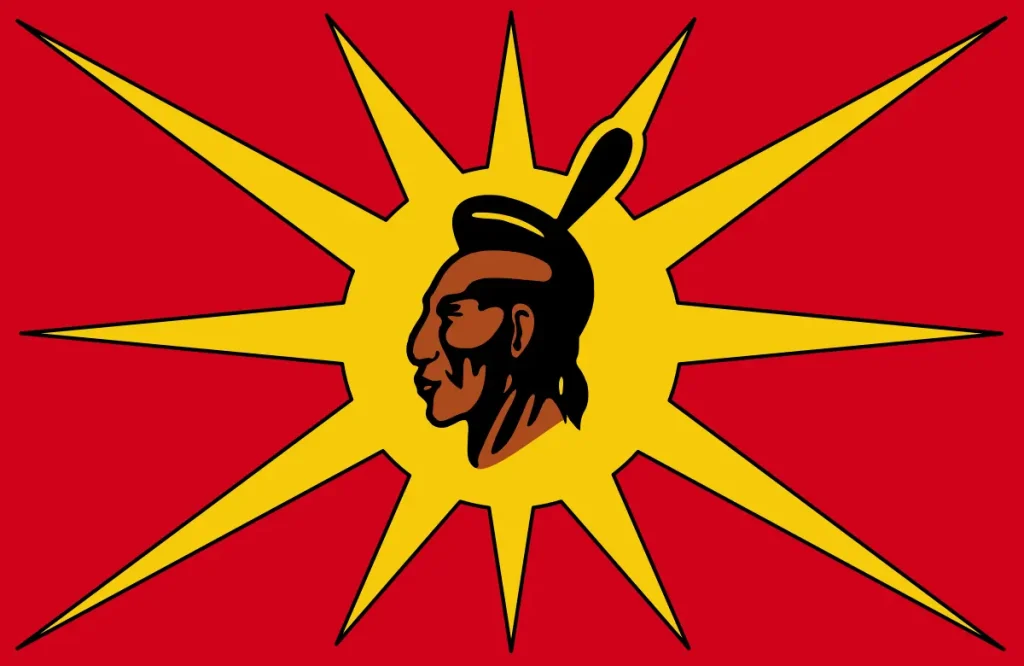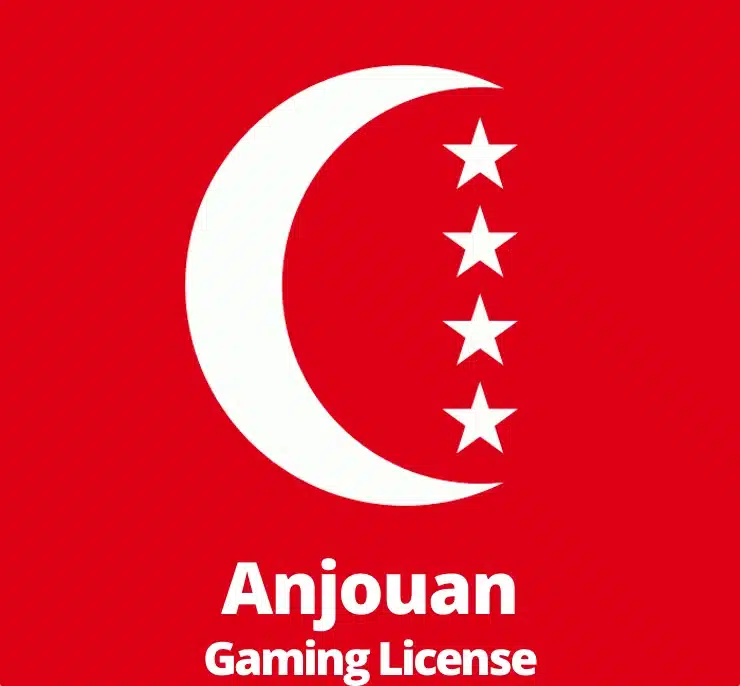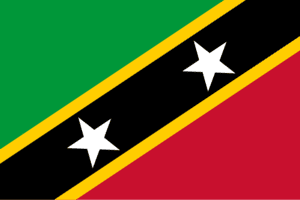An online gambling license functions as official governmental or regulatory authorization permitting operators to conduct gaming activities legally within specific territories. This credential represents formal recognition that an operator meets established standards for financial transparency, technical security, game fairness, and player protection. Regulatory authorities – ranging from small island nations to established governmental bodies – issue these permits after evaluating operator qualifications, business models, and compliance capabilities.
Obtaining proper authorization represents far more than bureaucratic compliance – it establishes credibility with players, unlocks partnerships with premium software providers, and provides access to legitimate payment processing channels. This comprehensive guide examines everything operators need to know about online gambling licenses – from understanding what these permits actually represent to selecting optimal jurisdictions, navigating application processes, and understanding the full financial commitment required. Whether launching a startup casino on limited budget or establishing a premium sportsbook targeting serious players, informed licensing decisions separate successful operations from costly failures.
Benefits of Obtaining a Gaming License
Securing proper authorization transforms an iGaming venture from questionable to credible. Licensed operators gain immediate trust with players who prioritize safety over everything else.
Payment processors represent another massive advantage. Banks and financial institutions refuse to work with unlicensed platforms, effectively cutting them off from legitimate revenue streams. A valid permit opens doors to major payment gateways, cryptocurrency processors, and traditional banking channels.
Key advantages include:
- Enhanced brand reputation and player confidence
- Access to premium software providers who exclusively partner with licensed entities
- Legal protection across multiple markets
- Reduced risk of criminal prosecution and hefty fines
Online Gambling License Cost
Licensing expenses represent one of the most significant initial investments for online gambling operators, with costs varying dramatically based on jurisdiction selection and regulatory requirements. Entry-level authorizations from minimal oversight territories start around $15,000 annually, while premium jurisdictions with rigorous standards demand upfront investments exceeding $250,000 plus substantial ongoing fees.
Most operators targeting international markets should budget between $100,000-$200,000 for first-year licensing costs when accounting for application fees, legal consultation, technical audits, and compliance infrastructure. These figures cover only regulatory authorization – additional operational expenses including software licensing, payment processing setup, and marketing budgets easily double or triple total launch costs. Understanding the complete financial picture across different jurisdictions helps operators make strategic decisions balancing budgetary constraints against credibility requirements and target market access.
Financial investment varies substantially across jurisdictions, with fees reflecting regulatory oversight levels and market positioning strategies. Budget for additional expenses: legal consultations, compliance software, technical audits, and payment processing setup easily add $100,000+ to total costs.
Selecting the right jurisdiction determines an operator’s market reach, credibility, and long-term viability. Five licenses stand out for emerging and mid-market iGaming ventures.
Curaçao eGaming leads the international market through its balanced approach to regulation and accessibility. This Caribbean jurisdiction processes over 450 active licenses through four master license holders, making it the industry’s most popular choice. Operators appreciate Curaçao’s straightforward renewal process, reasonable ongoing compliance requirements, and broad international acceptance. Major payment processors recognize Curaçao permits without hesitation, enabling smooth transaction processing across multiple currencies. The jurisdiction’s 28-year regulatory history demonstrates stability that newer authorities cannot match. Software giants including NetEnt, Evolution Gaming, and Pragmatic Play readily partner with Curaçao-licensed operators, providing access to premium gaming content.
Kahnawake Gaming Commission represents North America’s most established indigenous regulatory authority. Since 1996, this Mohawk Territory regulator has built an exceptional reputation through consistent enforcement and transparent operations. The commission maintains one of the industry’s most comprehensive dispute resolution systems, protecting both operators and players through fair arbitration processes. Technical requirements prove demanding – servers must physically reside within the territory, and operators face regular security audits. However, these standards translate into genuine credibility with serious players. Kahnawake licenses particularly appeal to poker rooms and sportsbooks targeting North American markets, where the jurisdiction’s name carries significant weight. The authority’s longstanding relationships with Canadian payment processors facilitate smooth financial operations for operators serving this demographic.
Nevis Gaming Board provides Caribbean authorization with minimal bureaucratic overhead. This Eastern Caribbean island specializes in serving Latin American and secondary markets where premium European licenses prove unnecessary. Nevis approval processes move efficiently – typically completing within 6-10 weeks – allowing operators to launch quickly without sacrificing legitimacy entirely. The jurisdiction enforces basic standards around financial transparency and game fairness without imposing Curaçao’s extensive compliance framework. Operators appreciate Nevis for its responsive regulatory team and straightforward communication. The license works particularly well for niche operations: esports betting platforms, crypto-focused casinos, and region-specific sportsbooks find Nevis authorization sufficient for their target audiences.
Tobique First Nation operates Canada’s second indigenous gaming authority with growing industry recognition. This New Brunswick-based regulator adopted a middle-ground approach, implementing more rigorous standards than Anjouan while maintaining greater accessibility than Kahnawake. Tobique licenses appeal to operators seeking legitimate Canadian credentials without Kahnawake’s extensive requirements and higher costs. The jurisdiction requires detailed business plans, comprehensive responsible gaming policies, and regular financial reporting. Background checks on directors prove thorough but not prohibitively invasive. Tobique’s strategic positioning allows operators to claim Canadian licensing – a significant marketing advantage in North American markets – while keeping compliance burdens manageable. The authority has licensed approximately 50 operators since entering the market, building a modest but respectable portfolio.
Anjouan Offshore Financial Services occupies the budget tier, offering the fastest and cheapest licensing available. This Comoros island processes applications within 1-2 weeks with minimal documentation requirements. Operators essentially purchase authorization rather than earning it through rigorous vetting. Anjouan permits cost roughly $15,000 annually – a fraction of other jurisdictions – making them accessible to bootstrapped startups. However, this affordability comes with significant reputation costs. Major software providers refuse partnerships with Anjouan-licensed operators. Premium payment processors decline their business. Experienced players view Anjouan permits with suspicion, understanding the jurisdiction’s minimal oversight creates elevated risk. The license functions primarily as a placeholder – providing technically legal status while operators build revenue for eventual migration to respected jurisdictions like Curaçao or Kahnawake.
Comparative advantages break down clearly: Curaçao offers the best balance of cost, credibility, and international reach for most operators. Kahnawake delivers premium North American positioning for established businesses with adequate capital. Nevis serves niche markets and Latin American operations effectively. Tobique provides emerging Canadian operators with legitimate credentials at reasonable prices. Anjouan exists for budget-constrained startups willing to accept reputational limitations.
Strategic operators often start with Curaçao or Tobique, establishing operations and generating revenue before pursuing additional licenses in premium jurisdictions. This approach balances immediate market entry needs against long-term credibility building, maximizing growth potential while maintaining legitimate standing throughout the business lifecycle.
International Gambling License: How to Choose
Anjouan
Anjouan attracts budget-conscious startups through minimal oversight and quick processing. However, its reputation remains questionable among serious players.
Curaçao
Curaçao dominates the mid-tier market, offering reasonable costs paired with decent credibility. The jurisdiction processes applications efficiently while maintaining acceptable regulatory standards.
Tobique
Tobique provides access to Canadian markets with moderate requirements. This First Nations territory balances affordability with legitimacy, though recognition outside North America varies.
Nevis
Nevis caters to operators targeting Caribbean and Latin American markets. The island nation maintains straightforward requirements without excessive bureaucracy.
Malta
Malta Gaming Authority stands as Europe’s most respected licensing body, enforcing comprehensive standards that provide access to regulated EU markets and partnerships with elite software providers.
Gibraltar
Gibraltar Regulatory Authority offers European legitimacy with more streamlined processes than Malta or the UK, attracting established operators seeking credible EU credentials without excessive bureaucracy.
Isle of Man
Isle of Man Gambling Supervision Commission caters to premium operators requiring impeccable credentials, enforcing standards comparable to the UKGC while offering more favorable tax structures.
United Kingdom
UK Gambling Commission maintains the world’s strictest regulatory framework, demanding exhaustive responsible gambling measures, advertising restrictions, and operational transparency that justify first-year investments exceeding £250,000
Kahnawake
Kahnawake represents a premium Canadian option. Established in 1996, this Mohawk Territory authority commands respect throughout the industry, particularly for poker and sports betting operations.
Online Gambling License Requirements
Regulatory frameworks vary dramatically across jurisdictions, with each authority balancing operator accessibility against player protection standards.
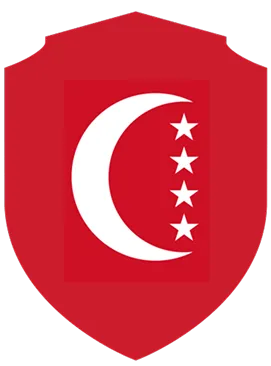
Anjouan Gambling License
Anjouan Offshore Financial Services maintains minimal requirements for rapid processing. Applicants need only basic corporate documents and passport copies – no background checks, financial verification, or software testing occurs. The jurisdiction requests a simple business description rather than detailed operational plans. No requirements exist for capital reserves, segregated player accounts, or responsible gambling policies. This hands-off approach enables quick approvals but provides virtually no oversight.

Curaçao Gambling License
Curaçao eGaming implements moderate standards through its master license structure. Applicants must secure corporate registration in Curaçao or approved offshore jurisdictions before beginning the application process. The authority demands comprehensive business plans detailing market analysis and revenue projections, demonstrating the operator’s strategic understanding of their target demographic. Financial documentation proving €100,000 or more in accessible capital remains essential, supported by bank references confirming the applicant’s financial stability. Director background checks examine criminal history and business conduct, though investigations prove less intensive than premium jurisdictions require.
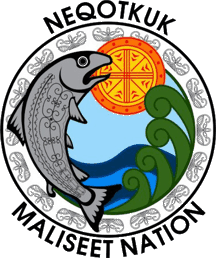
Tobique Gambling License
Tobique First Nation enforces Canadian-influenced standards. Mandatory corporate registration within the territory accompanies exhaustive 30+ page business plans. Management teams undergo thorough background investigations including criminal checks and credit reviews. Financial requirements demand CAD $200,000 in unencumbered capital. Software faces rigorous independent testing, while technical audits assess security measures. Comprehensive responsible gambling policies must include deposit limits and self-exclusion options. Anti-money laundering compliance requires know-your-customer procedures and transaction monitoring. Operators must maintain servers within Tobique territory and partner with Canadian-licensed financial institutions.
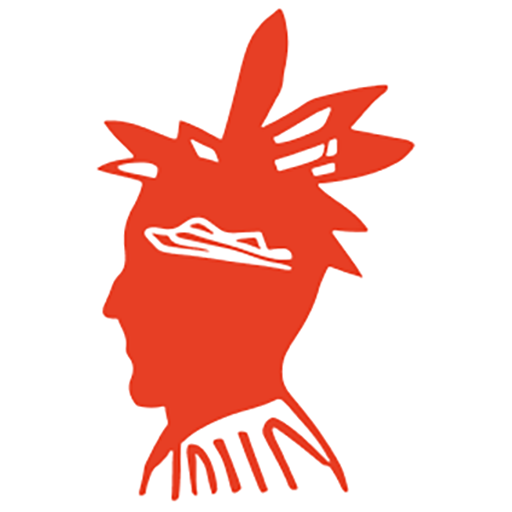
Kahnawake Gambling License
Kahnawake Gaming Commission maintains North America’s strictest indigenous standards. Only Kahnawake-incorporated entities receive consideration. Business plans must span 50+ pages demonstrating deep market understanding. Executive teams face exhaustive background investigations covering criminal history, financial records, and industry experience. Financial requirements prove demanding: CAD $500,000+ in liquid capital; Segregated player fund accounts with Canadian banks; Surety bonds covering potential liabilities. All servers must physically reside within Kahnawake territory with unrestricted commission audit access.
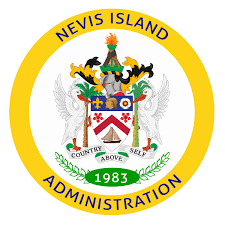
Nevis Gambling License
Nevis Gaming Board balances legitimacy against accessibility. Requirements include Nevis-based entities or approved offshore structures. Business plans spanning 15-20 pages outline operational models without excessive detail. Director background checks involve criminal searches and financial references. Financial requirements demand $150,000 in available capital plus banking references. Software certification requires independent testing confirming basic fairness standards. Responsible gambling policies must address self-exclusion and underage prevention with flexible implementation. Anti-money laundering procedures require customer identification and transaction record-keeping without sophisticated monitoring systems.
What Happens If You Run an Online Gaming Business without a License
Operating without proper authorization carries severe consequences. Authorities actively pursue illegal operators through domain seizures, payment processor blacklisting, and criminal prosecution.
Penalties include massive fines – often millions of dollars – plus potential imprisonment for principals. Payment processors freeze accounts immediately upon discovering unlicensed activity, trapping operator funds indefinitely.
Players have zero recourse against unlicensed platforms. This reality destroys reputation instantly once discovered, making future legitimate operation virtually impossible. Software providers terminate contracts, affiliates abandon partnerships, and regulatory authorities maintain permanent blacklists preventing future licensing applications. The risk simply isn’t worth the temporary savings.


